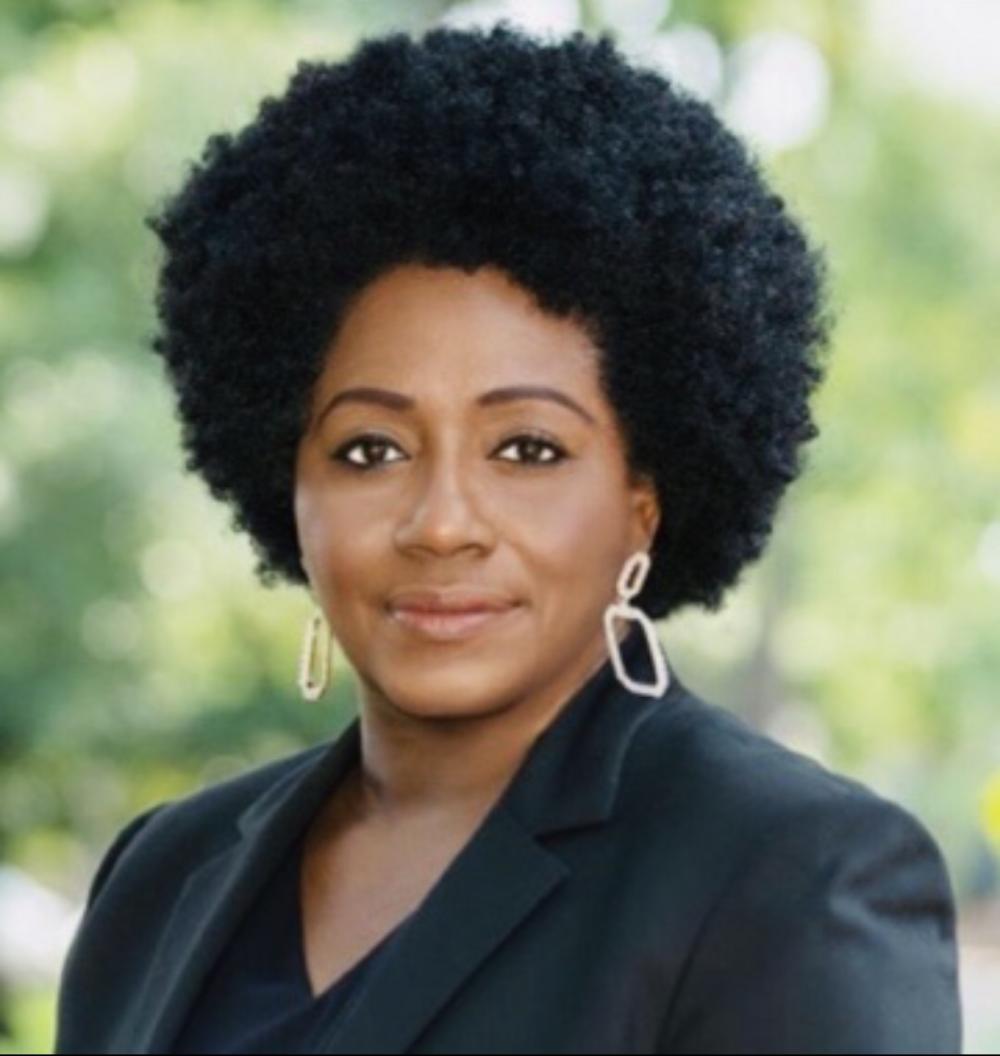
Director's Lecture Series: AI and the Evolution of the Internet

Key information
- Date
- Time
-
6:00 pm
- Venue
- Zoom or BGLT
- Event type
- Event highlights
About this event
The Evolution of the Internet: how it changed our world, challenged democracy, and united and divided us.
To attend this event, please reserve your free spot via Eventbrite. A Zoom link will be sent to you on the day of the event.
Around 30 years ago, the world wide web was established and marked the start of our engagement with a global medium for news and information. Three decades later the evolution of the internet and the birth of social media has brought about unimaginable change.
While many argued this would lead to the democratisation of information, instead, we have witnessed the fragility of democracy against the growth of misinformation and our perceptions of science, ethics and community all drastically altering in recent times.
Can, and should, the power of the internet be better harnessed to solve global challenges? How will new developments like advanced chatbots and generative AI transform labour, creativity, and ethics? Will they improve workloads and speed the creative process, or damage livelihoods and stifle the arts? In this next SOAS Director’s Lecture Series we ask: how has the internet really influenced our world?
The Vice President of News at Google Richard Gingras joins AI ethicist Professor Renée Cummings, University of Virginia to discuss the evolution of the internet, the emergence of internet sovereignties, and the consequences for addressing the global challenges of our time with SOAS Director Professor Adam Habib.
The SOAS Director’s Lecture Series focuses on the planetary questions of our time and how to enable a collective human response. In this historical moment, all of our big challenges – pandemics, climate change, inequality, social and political polarisation – are transnational in character and require a cohering of the human community.
Speaker bios:
Renée Cummings
Professor Renée Cummings is an Artificial Intelligence (AI) ethicist and the first Data Activist in Residence, at the School of Data Science, at the University of Virginia (UVA) where she was named Professor of Practice in Data Science. She is also a Non-Resident Senior Fellow at the Brookings Institution and a distinguished member of the World Economic Forum’s Data Equity Council. She is also a criminologist, criminal psychologist, therapeutic jurisprudence specialist and a Community Scholar at Columbia University. She also serves as co-director of the Public Interest Technology (PIT) University Network, at UVA, and is on the board of advisors of the Carnegie Council for Ethics in International Affairs.
Her work extends to include data, democracy, representation, identity, and governance, critically examining data rights, algorithmic justice, social justice, and design justice through a criminal justice lens. Renée also specializes in AI leadership, AI policy development, AI governance, public sector AI, AI risk management, AI crisis communication, building ethical AI and using AI to save lives. Renée is committed to using AI to empower and transform, helping governments and organizations navigate the AI landscape and develop future AI leaders.
Pictured above: Professor Renée Cummings, Academic Criminologist specialising in AI, criminal justice, and race.
Richard Gingras
Richard Gingras is Vice President, News at Google. In that role Gingras guides Google’s strategies in how it surfaces news on Google search, Google News, and its smart devices. He also oversees Google’s effort to enable a healthy, open ecosystem for quality journalism, which includes Subscribe with Google, Google’s Tools for Journalists, Accelerated Mobile Pages and various other efforts to enable journalists and news providers to be effective and sustainable. In March 2018, Gingras announced the Google News Initiative, a global effort including $300 million dollars to elevate quality journalism, explore new models for sustainability, and provide technology to stimulate cost-efficiency in newsrooms.
Gingras is a member of the Knight Commission on Trust, Media, and Democracy and was a co-founder of the Trust Project. Richard has been involved in digital media since 1980 or as he once put it “since the days of steam powered modems”. He helped found Salon.com where he once worked with Pulitzer Prize winner Glenn Greenwald and has worked at Apple, the @Home Network, the Excite portal among other digital ventures. He also serves on the boards of the First Amendment Coalition, the International Center for Journalists, and the Shorenstein Center on the Press, Politics and Public Policy at Harvard.
Pictured above: Richard Gingras, VP of News at Google.




